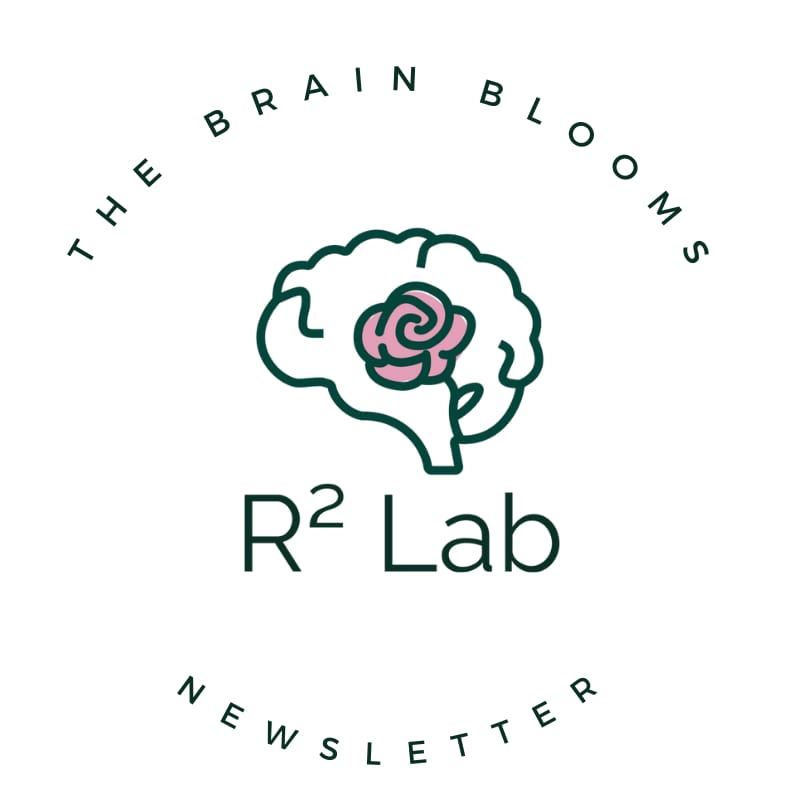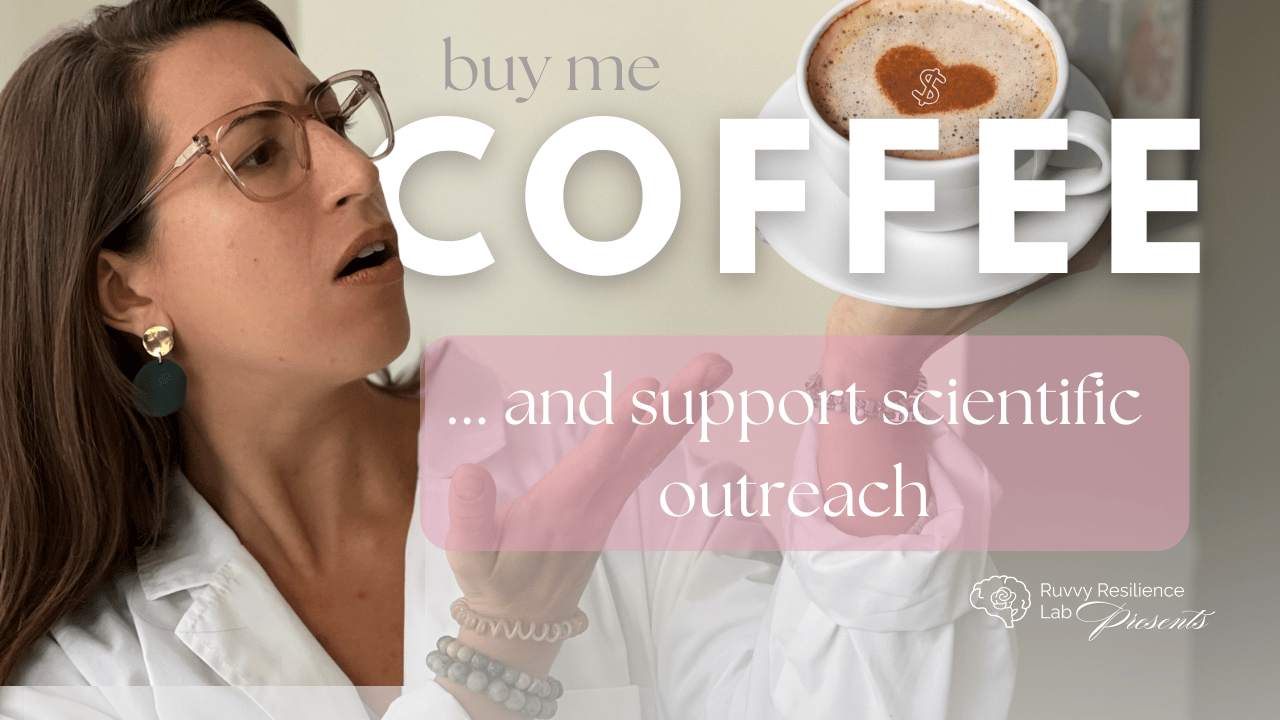- The Brain Blooms Newsletter
- Posts
- Graduating with impact
Graduating with impact
Luis Garcia’s Graduation & Research Update

In order to succeed, people need a sense of self-efficacy, to struggle together with resilience to meet the inevitable obstacles and inequities of life.
🎓 Luis Garcia’s Graduation & Research Update
On May 1st 2025, one of our beloved lab members Luis Garcia attended his commencement ceremony and received his degree in Psychology.
Last we heard from Luis, he recapped his poster presentation at the Wayne State University Department of Psychology Undergraduate Student Research Day. He shared the details of his thesis project and how YOU could participate.
So far, he conducted interim analyses with data from 198 participants. He is continuing to collect data to ensure adequate population representation and ultimately publish his results in an academic journal.
In this edition of our newsletter, Luis shares his interim findings with you so that you can be on the forefront of scientific research!
🧠 Thesis Project Overview
My thesis project on focused on prevalence and predictors of generalized anxiety in immigrant and non-immigrant populations. I was interested in investigating what sociodemographic, cultural, and coping mechanisms might help individuals better deal with anxiety in their lives.
My study was administered as an online survey developed through Qualtrics, so that anyone across the United States could participate (including YOU!).
The survey asked participants about:
Basic demographic factors like sex, gender, socioeconomic status, educational level, marital status, religion, and others.
Questions focused on ethnic identity, generalized anxiety symptoms, and a range of coping strategies.
🔍 Early Findings
I initially hypothesized that individuals who had migrated to the U.S. would report higher anxiety severity levels compared to individuals who were born in the U.S., given that migration is considered a significant life stressor and that migrants often face additional stressors upon resettlement.
However, our findings so far indicate that severity of anxiety did not differ by immigration status.
💡 Reflections on the Results
This did come as quite the surprise given the current political climate surrounding immigration.
However, upon further consideration of the data and the context in which it was collected, we theorized that the entire nation has been affected by a number of political decisions and turmoil that may have influenced self-reports of anxiety.
Additionally, we found that across all individuals we replicated previous findings indicating income level and sex as predictors of anxiety, whereby individuals who reported lower income and female sex also reported greater severity of anxiety.
🧪 Participate in the Study!
This study is continuing to enroll participants, and you can scan the QR code to learn more and participate below!
The Greenhouse of the Mind:
Resources to Help You Bloom
June is PTSD Awareness Month
What is PTSD?
Posttraumatic stress disorder, or PTSD, is an impairing and distressing condition that approximately 7–10% of trauma-exposed individuals in the general population (~5% of trauma-exposed adolescents) may experience following exposure to actual or threatened death, serious illness/injury, or sexual violence.
What treatments are available for PTSD?
There are a number of treatments available for PTSD. Talk to your medical provider, psychologist, or social worker about what might be right for you.
The first-line recommended treatments for PTSD include exposure-based cognitive behavioral therapy and serotonin-selective re-uptake inhibitors.
While not intended to replace professional care, the VA offers a series of mobile applications that provide self-help, education, and support following trauma, including:
How can I learn more about trauma and PTSD?
Check out ‘Friday Fast Facts’ from the International Society for Traumatic Stress Studies! In this series, you’ll learn about new topics monthly through videos, fact sheets, research briefs, infographics, podcasts, and webinars. Topics include:
Remember, you are not alone. Resilience is a process, and your path post-trauma is paved with love and support. You got this!
Help Support Science Content & Communication
Our team is so excited to get the word out to the people we serve and inform for FREE … and your support will allow us to put more resources and energy into doing precisely that.
Your donations help fund the creation of content that translates our research into practice.
Consider supporting our outreach efforts:
